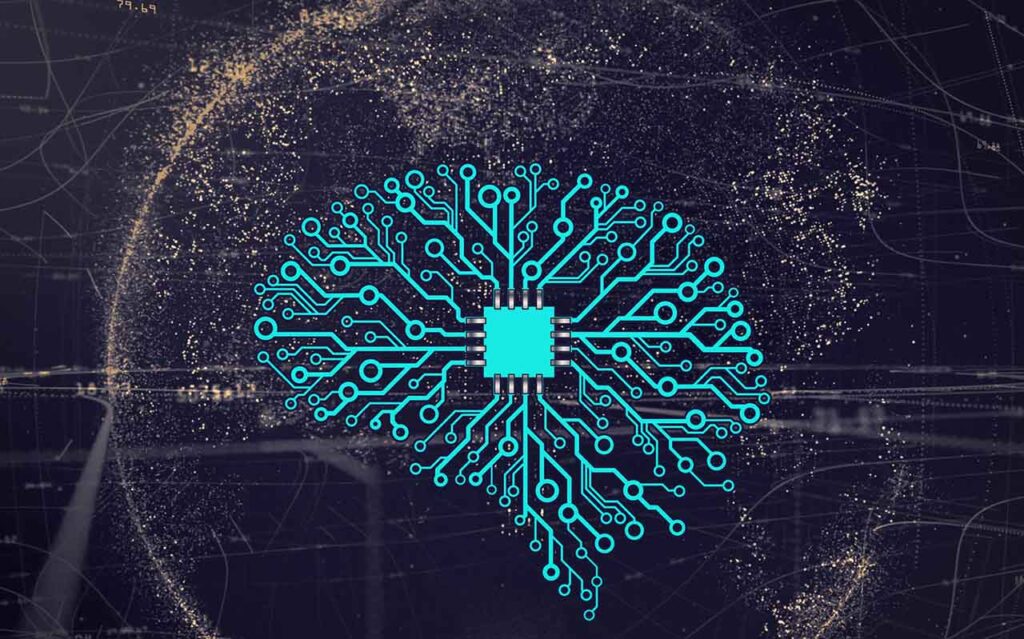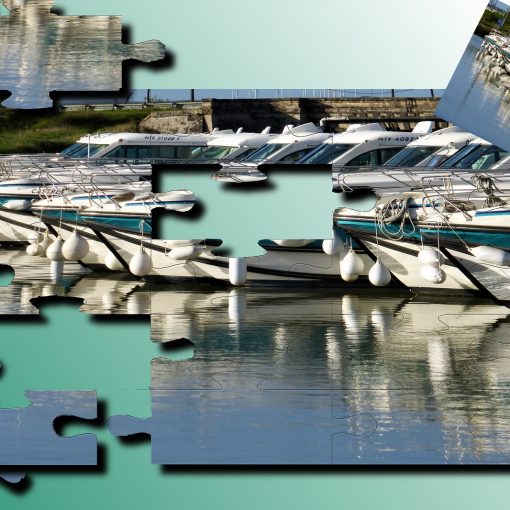Global construction and development industry is facing one of its greatest challenges yet – the emergence of cognitive technologies. How are leaders equipped to manage the adoption of AI, in what is known to be one of the most anti-change industries?

As part of master’s thesis a worldwide sample of over 1200 construction and development business executives were approached with a survey regarding the joint role of artificial intelligence and leadership. A grand total of 54 respondents replied, from 24 countries ‒ all members of upper management. The coverage of the research was up to 0,56 percent of the global residential construction market when measured in raw revenue exposure – the combined annual revenues of participating companies were from 14.9 to 24.6 billion USD altogether. From these respondents, 79.6% were active users of AI – some examples of these use cases were business strategy, human relations, construction site and safety related issues (Kirjalainen 2022, 69‒70).
The survey was ensued by empirical research, then complemented by semi-structured interviews with some of the said executives. Similarly, corresponding set of interviews was conducted with AI and engineering experts from Aalto University, University of Helsinki, VTT Technical Research Centre of Finland & FCAI Finnish Center for Artificial Intelligence, and Mangosuthu University of Technology of South Africa (Kirjalainen 2022).
![[Alt text: Construction cranes and high constructions between them.]](https://blogit.lab.fi/labfocus/wp-content/uploads/sites/8/2022/05/285_2022_Global-construction-and-artificial-intelligence_2-1024x678.jpg)
Knowledge is power
The aim of the research was to achieve an understanding why some companies manage to gain financial benefits from the use of AI while majority of adopters struggle with it. Throughout the research, many observations and indications towards probable causes were discovered. One of these many discoveries was the gap in the knowledge base between high performers and low performers – the latter showed tremendous lack of understanding over the subtleties of the trade whereas high performers excelled in methodology mastery.
Judging by the results and theoretical material, leaders should be conscious about their lack of knowledge and act accordingly (Chamorro-Premuzic et al. 2018). This observation went beyond the limits of businesses themselves, as the lack of available research, academia, and journals regarding the subject was noticeable. Some experts agreed this lack of dedicated educational material to be a barrier for wider AI adoption in the field of construction and development (Haupt 2022; Toivonen 2022).
Leadership is important, almost always
All levels of research – theory, survey, and semi-structured interviews – determined management’s involvement in AI related projects to be crucial. However, according to experts, success can be achieved solely using off-the-shelf AI technologies thus excluding the upper management entirely (Toivonen 2022; Mucha 2022). Arguably, achieving a significant improvement on profitability requires a considerable investment of resources (Balakrishnan et al. 2020, 5). The very nature of leadership is likely to face profound changes, as the power structure between man and machine shifts – yet the research failed to record such ongoing movements (Fountaine et al. 2020, 65; Noponen 2019, 47-48).
Authors
Otto Kirjalainen is master’s student at LAB University of Applied Sciences in the Faculty of Business.
Brett Fifield is a Principal Lecturer at LAB University of Applied Sciences in the Faculty of Business.
This study was supported by Rakennusteollisuus, also known as The Confederation of Finnish Construction Industries RT.
References
Andrechinn. 2009. Construction time. WordPress. Cited 11 May 2022. Available at https://wordpress.org/openverse/image/94b831a8-11e8-4584-a629-af3615cf736e
Balakrishnan, T., Chui, M, Hall, B. & Henke, N. 2020. Global survey: The state of AI in 2020. McKinsey & Company. Cited 10 Feb 2022. Available at https://www.mckinsey.com/business-functions/mckinsey-analytics/our-insights/globalsurvey-the-state-of-ai-in-2020
Chamorro-Premuzic, T.; Wade, M. & Jordan, J. 2018. As AI Makes More Decisions, The Nature of Leadership Will Change. Article in Harvard Business Review. Harvard Business School Publishing Corporartion. Cited 5 May 2022. Available at https://hbr.org/2018/01/as-ai-makes-more-decisions-the-nature-of-leadership-willchang
Fountaine, T., McCarthy, B. & Saleh, T. 2019. Building the AI-Powered Organization. Technology isn’t the biggest challenge. Culture is. In Harvard Business Review. Harvard Business School Press. Cited 11 May 2022. Restricted access at http://web.a.ebscohost.com.ezproxy.saimia.fi/ehost/detail/detail?vid=3&sid=39f76099- 0375-43da-9f1e079f69974fc2%40sessionmgr4008&bdata=JnNpdGU9ZWhvc3QtbGl2ZQ%3d%3d#AN=1 37120578&db=bsh
Haupt, T. 2022. Research Professor. Mangosuthu University of Technology. South Africa. Online interview. 15.2.2022.
Kirjalainen, O. 2022. The Relationship of Leadership and Artificial Intelligence in Construction and Development Industry: A Mixed Methods Research. Master’s Thesis. LAB University of Applied Sciences. Cited 11 May 2022. Available at https://urn.fi/URN:NBN:fi:amk-202205036913
MacKenzie, M. 2018. Machine Learning & Artificial Intelligence. WordPress. Cited 11 May 2022. Available at https://wordpress.org/openverse/image/4984f318-2feb-4256-ad42-a70de04807b4
Mucha, T. 2022. Doctoral Researcher. Aalto University School of Science and Technology. Finland. Online interview. 15.2.2022.
Noponen, N. 2019. Impact of Artificial Intelligence on Management. In Auvinen, T., Takala, T., Vesa, M., Tienari, J., Sajasalo, P., Heikkinen, S. Helms Mills, J. & Kallinen-Kuisma, M. (Eds.). Electronic Journal of Business Ethics and Organization Studies. Business and Organization Ethics Network (BON). pp. 43‒50. Cited 11 May 2022. Available at https://jyx.jyu.fi/handle/123456789/66617
Toivonen, H. 2022. Professor of Computer Science, Vice Dean of Faculty of Science. Works on artificial intelligence (AI), data science and computational creativity. University of Helsinki. Online interview. 18.2.2022.




